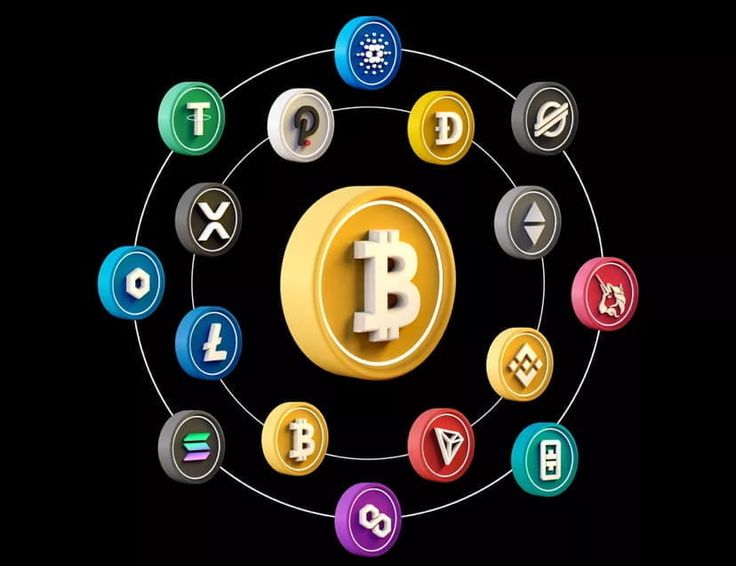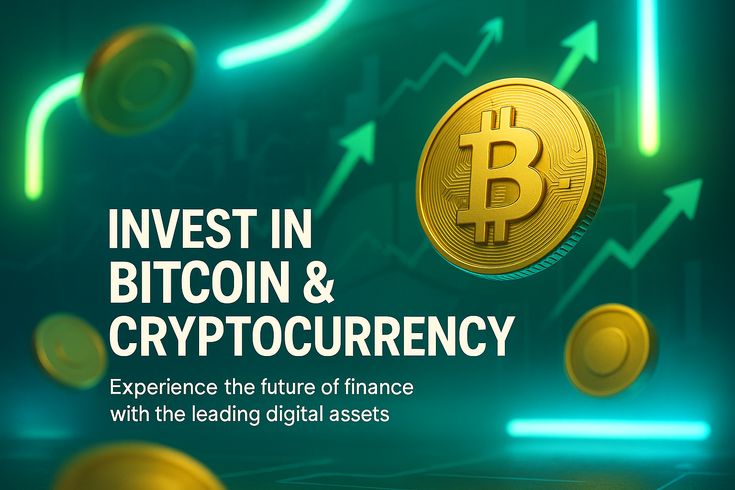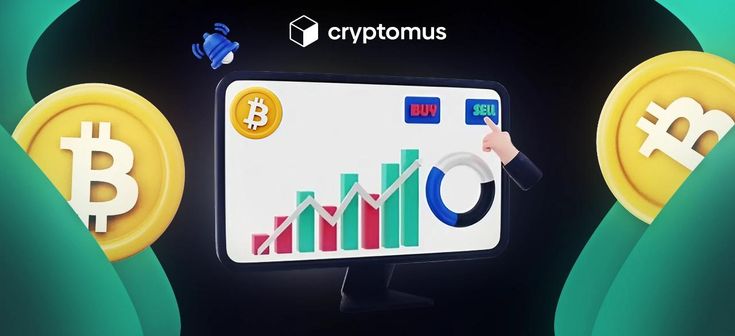Table of Contents
Crypto currency (colloquially crypto)
It is a digital currency designed to work through a computer network that is not reliant on any central authority, such as a government or bank, to uphold or maintain it.crypto However, a type of cryptocurrency called a stablecoin may rely upon government action or legislation to require that a stable value be upheld and maintained.
The first crypto currency was bitcoin, which was first released as open-source software in 2009. As of June 2023, there were more than 25,000 other crypto currencies in the marketplace, of which more than 40 had a market capitalization exceeding $1 billion. As of April 2025, the crypto currency market capitalization was already estimated at $2.76 trillion.

In 1983, American cryptographer David Chaum conceived of a type of cryptographic electronic money called ecash. Later, in 1995, he implemented it through Digicash, an early form of crypto graphic electronic payments. Digicash required user software in order to withdraw notes from a bank and designate specific encrypted keys before they could be sent to a recipient. This allowed the digital currency to be untraceable by a third party.
On 11 November 2022, FTX Trading Ltd., a crypto currency exchange, which also operated a crypto hedge fund, and had been valued at $18 billion, filed for bankruptcy.The financial impact of the collapse extended beyond the immediate FTX customer base, as reported, while, at a Reuters conference, financial industry executives said that “regulators must step in to protect crypto investors.”Technology analyst Avivah Litan commented on the cryptocurrency ecosystem that “everything…needs to improve dramatically in terms of user experience, controls, safety, customer service.”
Crypto newsletter
A regular email or publication that provides updates, news, and insights about cryptocurrencies, market trends, and trading tips.
The Pomp Letter
In The Pomp Letter, author Anthony „Pomp” Pompliano analyses news related to Bitcoin, finance, and technology. He focuses on investor education and explains current developments as well as the broader market outlook. The newsletter is suited for everyone who wants to understand cryptocurrencies or invest in them.
The Bitcoin Forecast
Willy Woo is one of the most respected analysts in the crypto universe. In his newsletter “The Bitcoin Forecast,” he provides access to predictive changes in BTC price directionality, discusses the current crypto market macrostructure, and shares on-chain research material. We recommend this newsletter, especially for crypto traders.
Messari Unqualified Opinions
Messari is a data provider for the crypto ecosystem. In its daily newsletter “Unqualified Opinions,” author Ryan Selkis shares his takes on crypto markets and the latest crypto news. The newsletter is data-heavy and more geared towards advanced readers.
Coin Bureau
Coin Bureau is a well known youtube channel. Author Guy shares in this newsletter updates about his coin portfolio, the best crypto promotions & deals, market tips and the most relevant news and trends to support crypto enthusiasts navigate the crypto space.
Concept of crypto currency
The idea that money can exist digitally, without government control, using cryptography to secure transactions.
A cryptocurrency is a form of digital asset based on a blockchain network that is distributed across a large number of computers. This decentralized structure allows them to exist outside the control of governments and central authorities.

Cryptocurrencies are digital tokens. They are a type of digital currency that allows people to make payments directly to each other through an online system. Cryptocurrencies have no legislated or intrinsic value; they are simply worth what people are willing to pay for them in the market.
Notable Accomplishments. Satoshi Nakamoto published a paper in 2008 that introduced cryptocurrency to a much wider audience, initiating its rise to popularity.
Investing in digital currency
Digital currency (digital money, electronic money or electronic currency) is any currency, money, or money-like asset that is primarily managed, stored or exchanged on digital computer systems, especially over the internet. Types of digital currencies include cryptocurrency, virtual currency and central bank digital currency. Digital currency may be recorded on a distributed database on the internet, a centralized electronic computer database owned by a company or bank, within digital files or even on a stored-value card.

Digital currencies exhibit properties similar to traditional currencies, but generally do not have a classical physical form of fiat currency historically that can be held in the hand, like currencies with printed banknotes or minted coins. However, they do have a physical form in an unclassical sense coming from the computer to computer and computer to human interactions and the information and processing power of the servers that store and keep track of money.
This unclassical physical form allows nearly instantaneous transactions over the internet and vastly lowers the cost associated with distributing notes and coins: for example, of the types of money in the UK economy, 3% are notes and coins, and 79% as electronic money (in the form of bank deposits). Usually not issued by a governmental body, virtual currencies are not considered a legal tender and they enable ownership transfer across governmental borders.
Digital money can either be centralized, where there is a central point of control over the money supply (for instance, a bank), or decentralized, where the control over the money supply is predetermined or agreed upon democratically.
Crypto currency exchange
A cryptocurrency exchange, or a digital currency exchange (DCE), is a business that allows customers to trade cryptocurrencies or digital currencies for other assets, such as conventional fiat money or other digital currencies. Exchanges may accept credit card payments, wire transfers or other forms of payment in exchange for digital currencies or cryptocurrencies. A cryptocurrency exchange can be a market maker that typically takes the bid–ask spreads as a transaction commission for its service or, as a matching platform, simply charges fees.
Some brokerages which also focus on other assets such as stocks, let users purchase but not withdraw cryptocurrencies to cryptocurrency wallets while dedicated cryptocurrency exchanges do allow cryptocurrency withdrawals.
A cryptocurrency exchange can typically send cryptocurrency to a user’s personal cryptocurrency wallet. Some can convert digital currency balances into anonymous prepaid cards which can be used to withdraw funds from ATMs worldwide while other digital currencies are backed by real-world commodities such as gold.
Top rated crypto exchanges
The best crypto exchange is one that is safe, easy, and cheap. Popular exchanges include Binance, Coinbase, and Kraken. Here you can buy, sell, and trade crypto. Be sure to check the security and fees to keep your money safe.
Coinbase is the most trusted¹ crypto exchange to buy, sell, and manage crypto. Canadian users can now add cash for free with Interac e-Transfer and Electronic Funds Transfer (EFT), or buy directly with PayPal.Experienced traders who value a high degree of platform security may want to consider Gemini, while Coinbase is best for beginners. Crypto.com is best for mobile users who often trade on the go.

Binance and Coinbase are closely matched, though Binance has the edge on advanced features for trading and lower fees. On the flip side, Coinbase supports more coins, an easy to use interface and easier access to help. The best choice depends on which features you prioritize.
Pakistani bank currently allows cryptocurrency, as digital assets are still considered illegal for financial institutions despite a recent policy shift by the State Bank of Pakistan (SBP) to legalize them. The SBP has announced plans to allow limited, regulated access to cryptocurrencies through its upcoming Central Bank Digital Rupee (CBDR) and approved intermediaries, but official details on the framework and purchase limits are pending. In the meantime, individuals in Pakistan often rely on Peer-to-Peer (P2P) services and international platforms to trade crypto.





